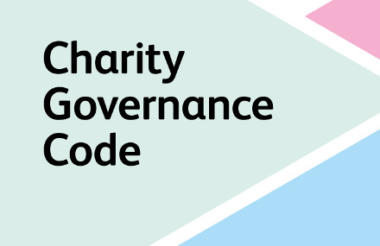The steering group for the Charity Governance Code has pledged to “refine and polish” the new version of the code after receiving just over 200 responses to the consultation.
The group consulted on the proposed new code from November 2016 to February this year, with 201 responses. It expects to publish a final version of the code in the summer.
NCVO has analysed the responses and provided a summary of the themes and issues that emerged from the consultation.
While 83 per cent of respondents said they would use the code, some said they were unclear that the code is voluntary and not a set of regulations.
There were calls for more varied applications of the code to be introduced, tailored to different sizes of organisations.
“Many respondents voiced support for the principles generally but they felt that the recommended practice in the draft did not go far enough for large charities and was too onerous for small charities. Some respondents advocated for having different versions of the code.
From Governance & Leadership magazine |
||
|
“There are concerns that the definitions and delineation between how the principles apply to different charities needs to be clarified, specifically defining the code’s application to larger and smaller charities.”
Some respondents suggested that there were omissions in the code included safeguarding, data protection, financial management, trading subsidiaries, monitoring impact and membership issues.
The group said it would reflect on the comments that people have made to “refine and polish” the final code, which it hopes to publish by June.
The code is jointly owned by NCVO, Acevo, SCC, ICSA and WCVA. The review process is being led by Rosie Chapman, who was the Charity Commission's director of policy and effectiveness until May 2011.
Earlier this year the Charity Commission endorsed the new code and said it intended to withdraw its 'hallmarks guidance' and instead direct charities to use the code.
|












